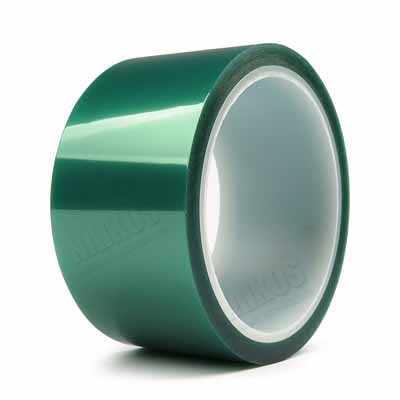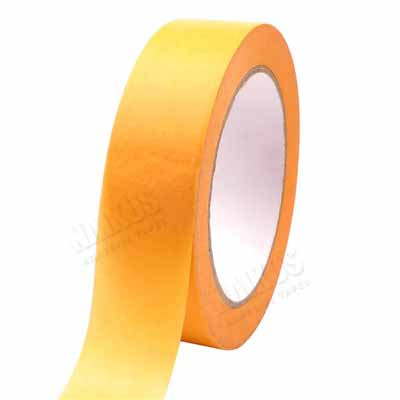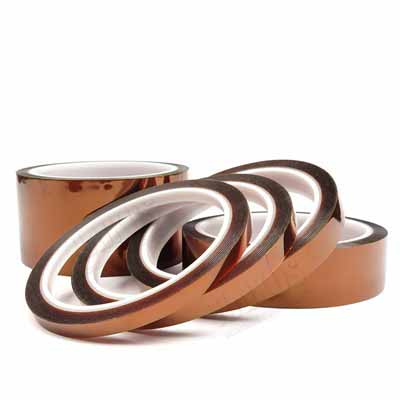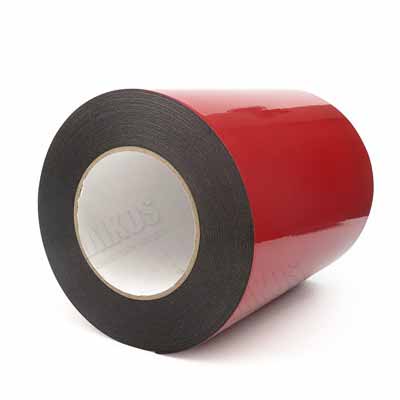Copper is well known for its conductivity and thermal properties. The copper foil tape can be wrapped around pipes and wires in order to protect them from moisture and rust. In addition, tape is commonly used to make decorative accents on copper and glass objects.
Most people prefer the use of copper foil tape for decorative purposes. However, the tape's ability to provide superior conductivity makes it excellent for electrical applications. Electrical wires can be covered with special copper foil tape to protect them from damage and prevent them from becoming weak or frayed.
Copper foil tape can also be used to protect newly installed electrical outlets from corrosion and prevent damage from the weather. Copper foil is similar to lead foil, which has been used for decades in the construction industry as an electrode for electricity-generating devices. Because copper foil is also resistant to corrosion, it is frequently used as an electrode on exposed electrical wires. The copper foil was once considered a waste product because it was so expensive and difficult to dispose of.
The most attractive feature of foil tape is its ability to provide very high bandwidth. This ability makes it ideal for both RFID applications and other data transfer applications that require a high bit rate. Copper foil tape is also useful in protecting from electromagnetic radiation. The thin gauge of the material makes it easy to install in a very small area. Copper is one of the few metals that possess the property of being able to generate its own electromagnetic shielding. The high level of electromagnetic shielding provided by the metal makes it useful in protecting electronic equipment and computers from radio frequencies.
Copper's unique electromagnetic shielding property also makes it useful for protecting sensitive electronic components in electronic appliances. Some people also prefer the color copper to help make their devices more resistant to dirt. Copper foil tape can be bought in rolls or sheets. Prices for each sheet vary depending on the thickness of the coating and the size of the sheet. Copper has a very long history of use as a conductor and will continue to be a popular choice for years to come.




